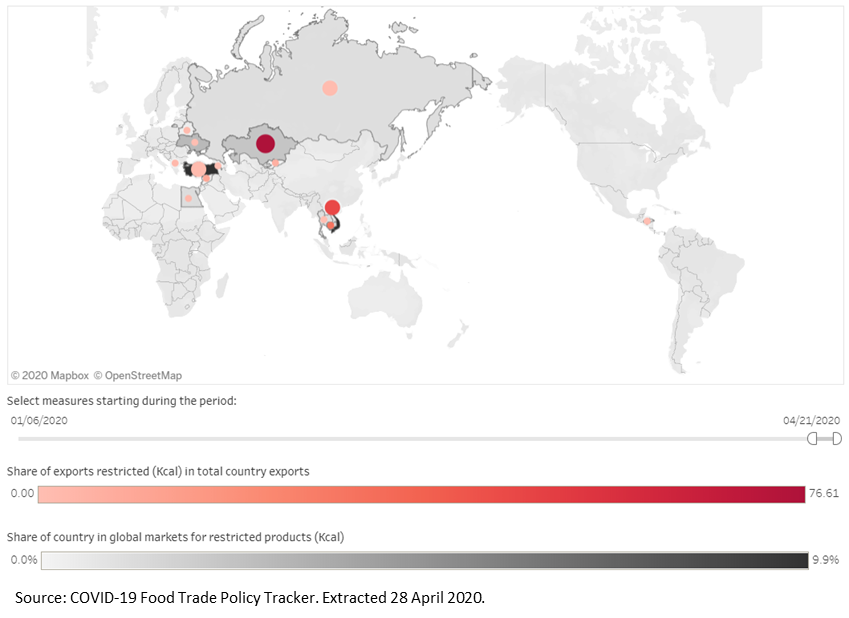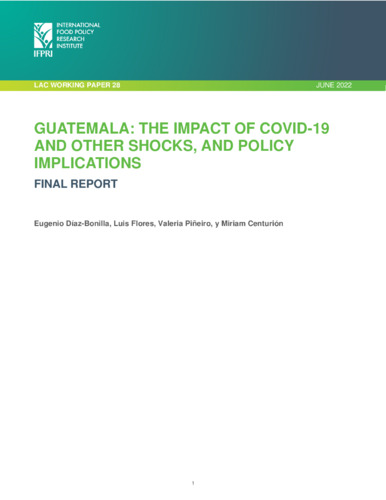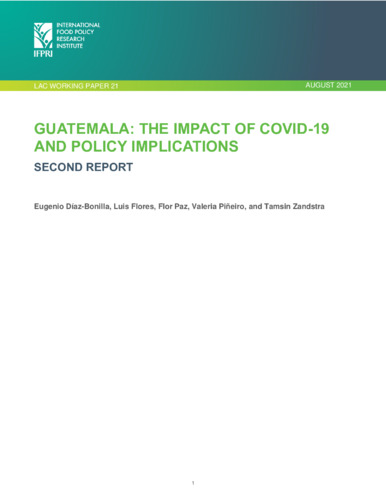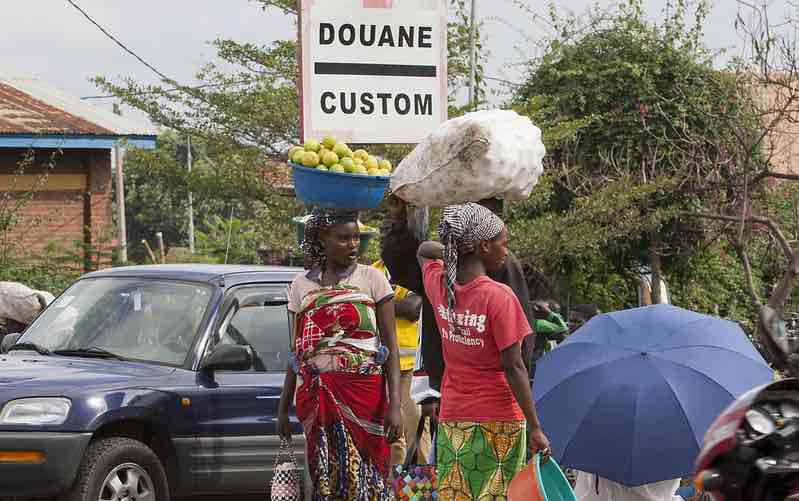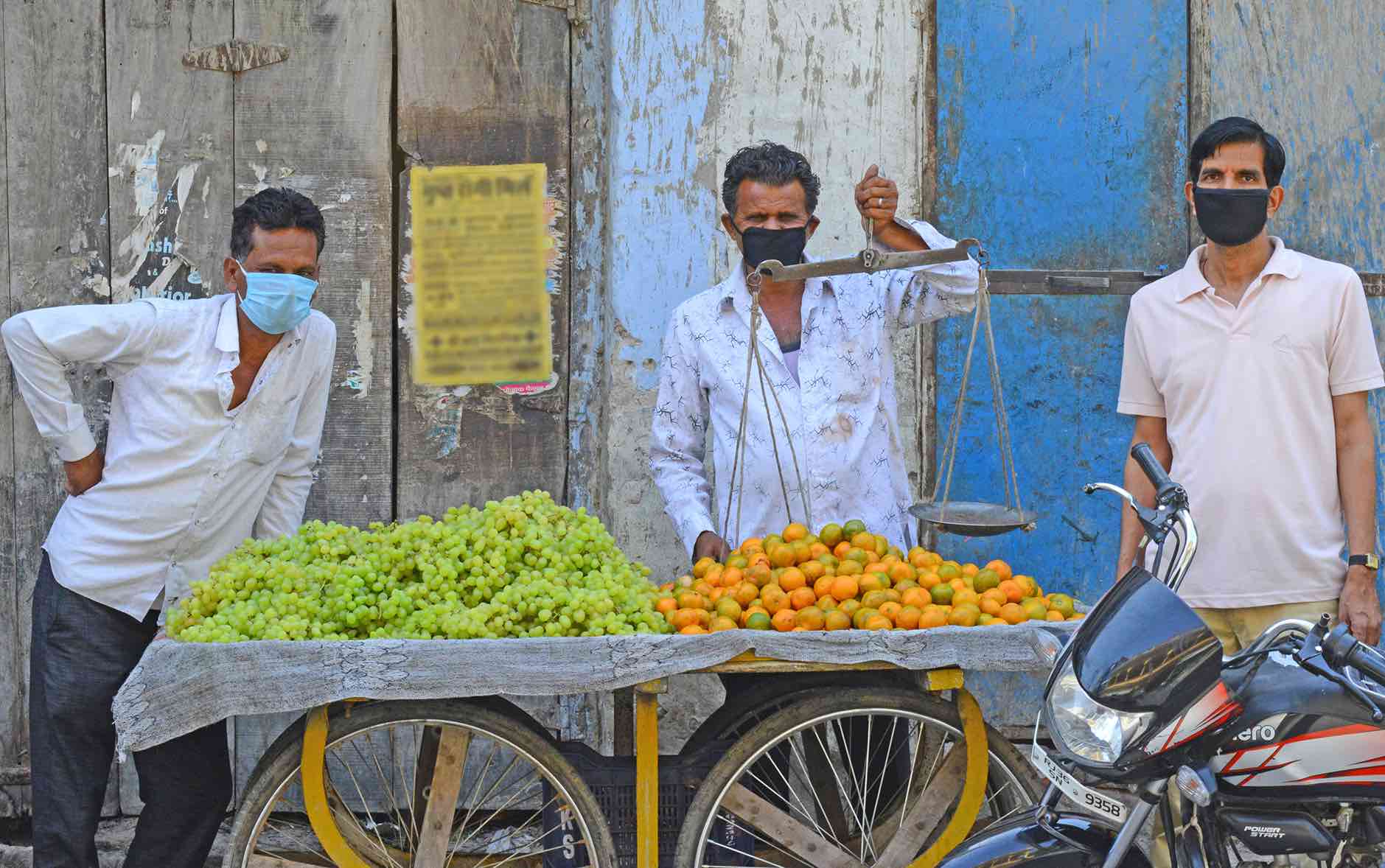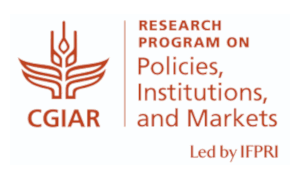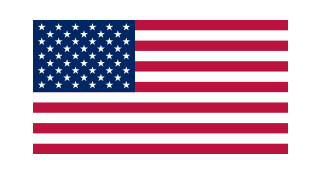The tracker is now being updated and maintained in the Food Security Portal. To view the current version of the tracker, please click here.
In the current COVID-19 crisis, there has been a movement of some national governments to restrict food exports. This behavior can, in aggregate, have dire unintended consequences for vulnerable people in food-importing countries, increasing prices and exacerbating issues of food insecurity already inflamed by the COVID-19 pandemic. It may also negatively affect producers in export-restricting countries. We recall the dangerous policies that contributed to the 2007-2008 food price crisis; may history not repeat itself.
Since March 2020, we have been tracking food export restrictions and documenting their impact. As of 28 April 2020, 15 countries have active binding export restrictions on food. These policies are shown in the Map of Food Export Restrictions below.
Map of Food Export Restrictions
Below, you can see the impact of these restrictions around the world, as a percentage of each country’s imported calories that are impacted by export restrictions. For example, Kyrgyzstan gets most of its imported calories from wheat and wheat flour imports. It imports almost all these goods from Kazakhstan. However, Kazakhstan has banned the export of wheat and wheat flour. So, you can see that 50 percent of Kyrgyzstan’s imported calories are affected by export restrictions, largely due to Kazakhstan’s wheat export ban.
Map of Impact of Food Export Restrictions on Imported Calories
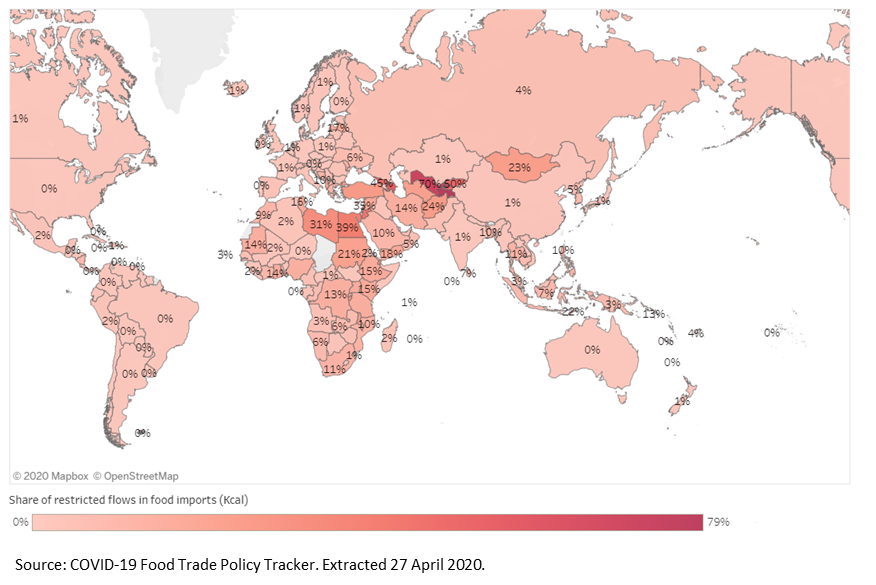
This map only partially answers the question of who is most affected by food export restrictions. We also need to ask: How reliant is a country is on imports to feed its population? How able are its people to cope with food price increases? We plan to include these aspects in future updates.
Versus the 2007-2008 food price crisis, restrictions currently affect around 5 percent of globally traded calories, versus 19 percent in the 2007-2008 food price crisis. For both crises, this includes both binding restrictions (bans, export licensing measures, and taxes) and restrictions that are not currently binding (announcements of restrictions that are not yet in force and quotas that expert opinion suggests were not filled or will not be filled if trade continues at normal levels).
Under normal circumstances, the freedom to trade is important to the food and nutrition security of people around the world – it is even more crucial in this time of global hardship. COVID-19 is a challenge for all of humanity; no one government can eliminate it alone. Maintaining food and nutrition security for all nations is a part of that fight, so now is a time for trade cooperation.
Tracker
The tracker can be found on Tableau Public, here. The COVID-19 Food Trade Policy Tracker is licensed under a Creative Commons Attribution 4.0 International License.
Data
The data is available in csv format here. The COVID-19 Food Trade Policy Tracker data is made available under the Open Data Commons Attribution License.
The COVID-19 Food Trade Policy Tracker provides daily updated information on export restrictions affecting international food trade. Our export restriction data comes from a variety of sources, originating primarily from news articles that are then verified with official government sources. We supplement with other data sets to create impact indicators for the export restrictions. We have also constructed a data set from the 2007-2008 world food price crisis for comparison.
To learn more about the tracker data, please see our working paper. As the project evolves, we will update the working paper, so please check back for the latest version.
Suggested citation:
Laborde, David, Abdullah Mamun, and Marie Parent. 2020. COVID-19 Food Trade Policy Tracker [dataset]. Washington, DC: International Food Policy Research Institute (IFPRI). https://www.ifpri.org/project/covid-19-food-trade-policy-tracker.
How to Contribute
To notify a policy, please fill in this form. To provide feedback on a data point or other aspect of the tracker project, please fill in this form.
Media Inquiries
For media enquiries, please click here.




